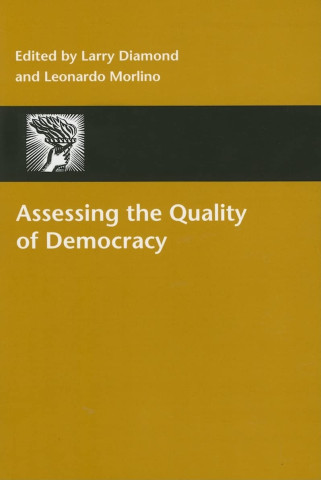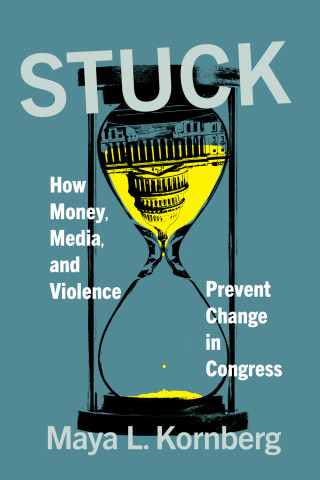
Reviews
... Clarifies its overall claim about clientelism, a distorting and arbitrary distributive pattern that could be improved. Those interested in these issues should thus not miss this highly recommendable book.
This collection of essays addresses timely and important themes in political science, sociology, and public policy associated with developing countries. The list of contributors features a nice balance of senior scholars with well-known reputations and junior scholars doing important work.
Book Details
Contributors
Preface
Acknowledgments
Introduction. Evaluating Political Clientelism
Part I: Lessons in Clientelism from Latin America
Chapter 1. Partisan Linkages and Social Policy Delivery in Argentina
Contributors
Preface
Acknowledgments
Introduction. Evaluating Political Clientelism
Part I: Lessons in Clientelism from Latin America
Chapter 1. Partisan Linkages and Social Policy Delivery in Argentina and Chile
Chapter 2. Chile's Education Transfers, 2001–2009
Chapter 3. The Future of Peru's Brokered Democracy
Chapter 4. Teachers, Mayors, and the Transformation of Clientelism in Colombia
Chapter 5. Lessons Learned While Studying Clientelistic Politics in the Gray Zone
Chapter 6. Political Clientelism and Social Policy in Brazil
Part II: Lessons in Clientelism from Other Regions
Chapter 7. Patronage, Democracy, and Ethnic Politics in India
Chapter 8. Linking Capital and Countryside: Patronage and Clientelism in Japan, Thailand, and the Philippines
Chapter 9. Eastern European Postcommunist Variants of Political Clientelism and Social Policy
Chapter 10. The Democratization of Clientelism in Sub-Saharan Africa
Conclusion: Defining Political Clientelism's Persistence
Index





